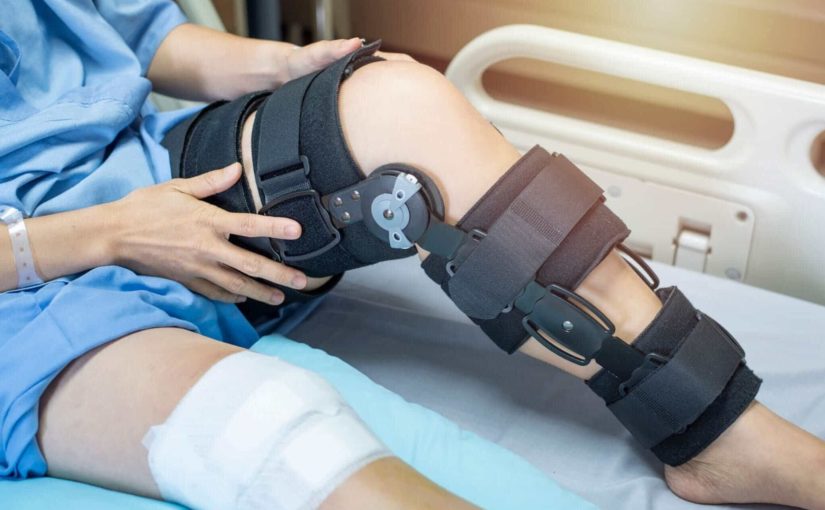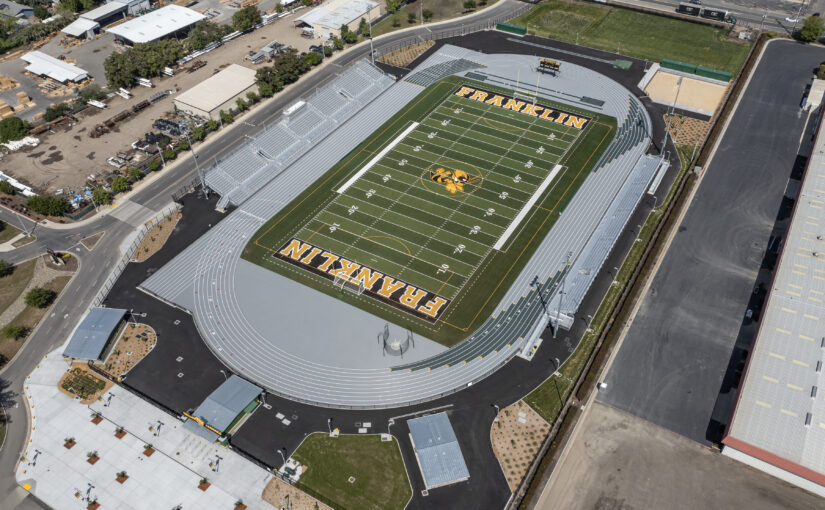AI Technology Aiding Sports Physicians with ACL Injuries
Sports medicine professionals are getting a big-time assist from artificial intelligence technology when it comes to treating athletes with ACL injuries.With the help of this machine-learning technology, physicians can better predict outcomes following ACL surgery — allowing them to have a better idea of who can meaningfully benefit from the surgery and who may need to adjust post-surgery expectations.
 According to a recent study published in the Orthopaedic Journal of Sports Medicine, a team of doctors, including New York Mets medical director Dr. David Altchek and lead author Dr. Kyle Kunze, trained six different AI algorithms on retrospective data from 442 patients in a registry fed by 27 experienced knee surgeons at their institution.
According to a recent study published in the Orthopaedic Journal of Sports Medicine, a team of doctors, including New York Mets medical director Dr. David Altchek and lead author Dr. Kyle Kunze, trained six different AI algorithms on retrospective data from 442 patients in a registry fed by 27 experienced knee surgeons at their institution.
In rigorous testing and validation phases, the model that turned out the best performance was an elastic-net penalized logistic regression (ENPLR) model. This demonstrated “excellent predictive ability” at foreseeing knee recovery from two years onward post-surgery, Kunze and co-authors wrote.
Kunze and colleagues also noted that five patient characteristics emerged from the project as keys to projecting a “minimal clinically important difference” to be gained by ACL arthroplasty. These were a history of contralateral knee surgery, preoperative knee extension, medial collateral ligament examination grade from extension to 30 degrees, method of femoral fixation, and body mass index.
“These findings have important implications for preoperative patient counseling and shared decision-making strategies,” Kunze and colleagues said.
The authors acknowledged several limitations in their study design, including its retrospective approach.
“[I]t is possible that there was heterogeneity in the physical examinations of the 27 surgeons,” they said. “For example, although knee extension loss and recurvatum were highly predictive variables of not achieving a clinically important outcome, it is theoretically possible that testing specifically for hyperextension was not performed in all patients.”
At the same time, however, testing for knee hyperextension “is a routine part of the knee examination by sports medicine surgeons at our institution, and the rate of missing data was low for this variable, adding confidence to the knee extension findings and predictive performance of this variable.”
To read the full study from Kunze and company in the Orthopaedic Journal of Sports Medicine, click here.







